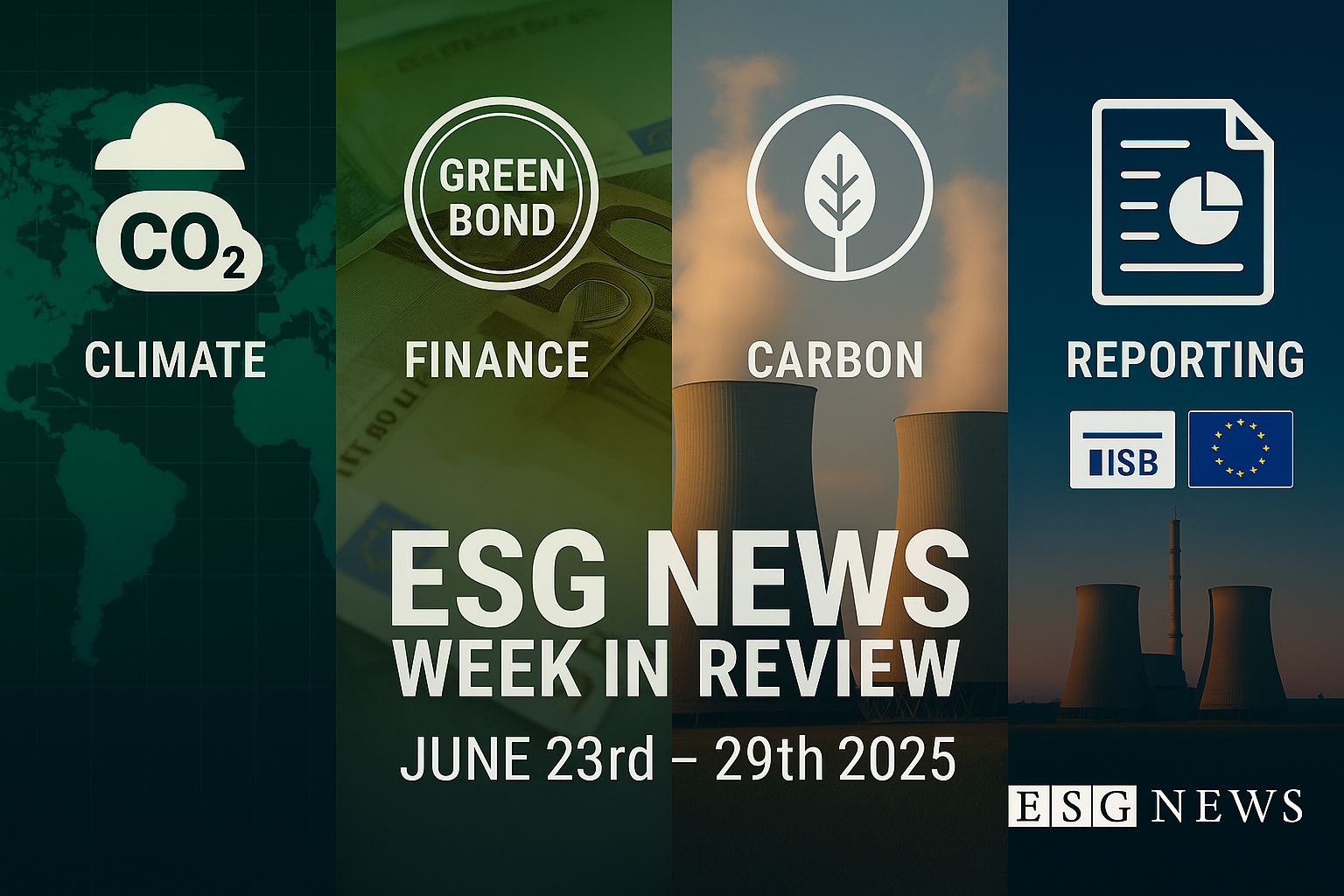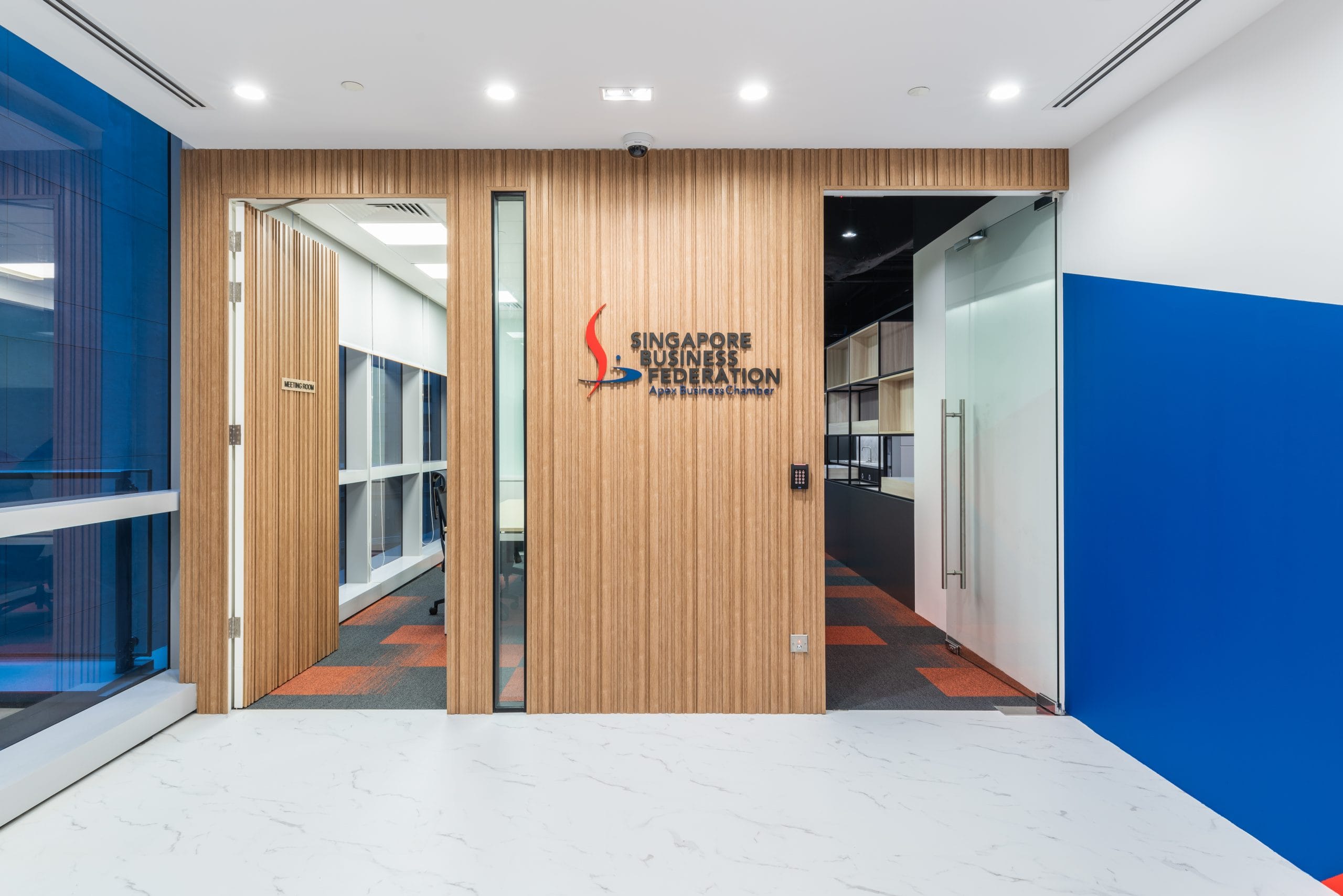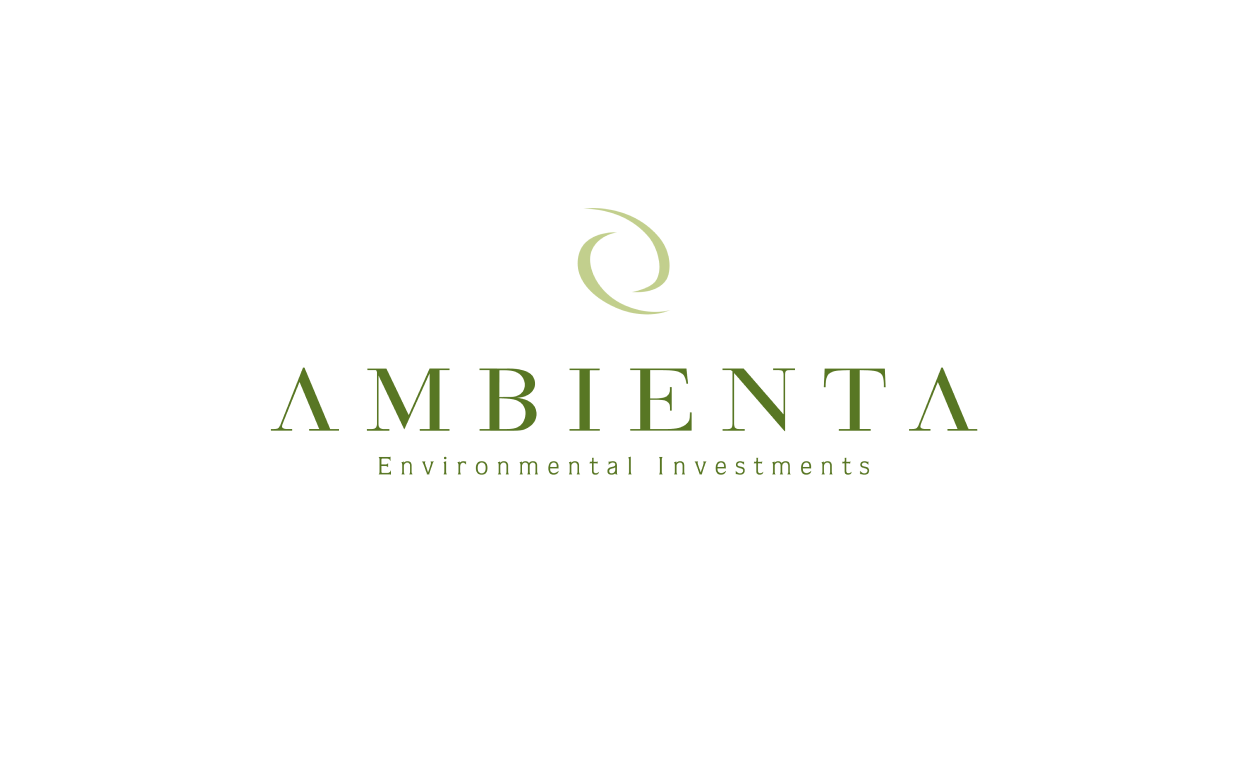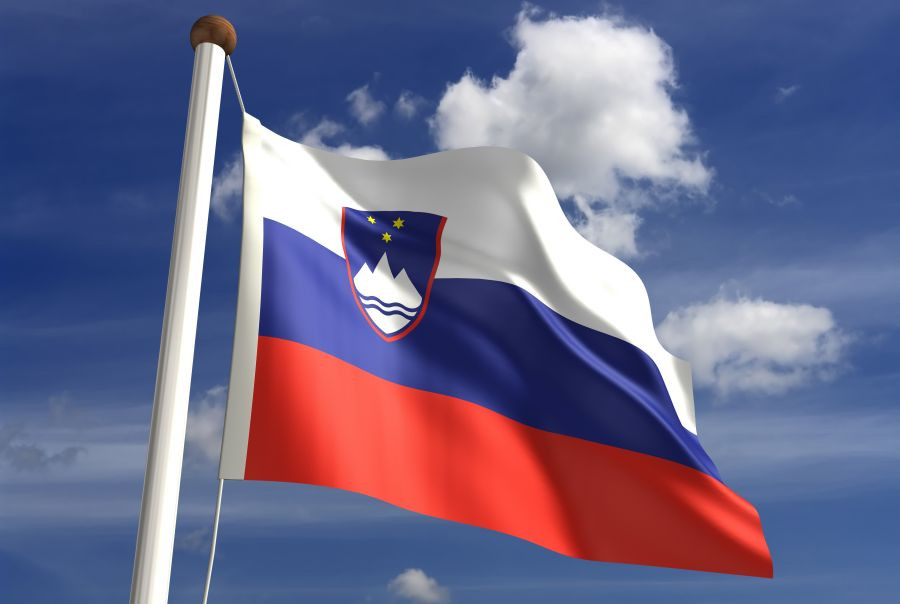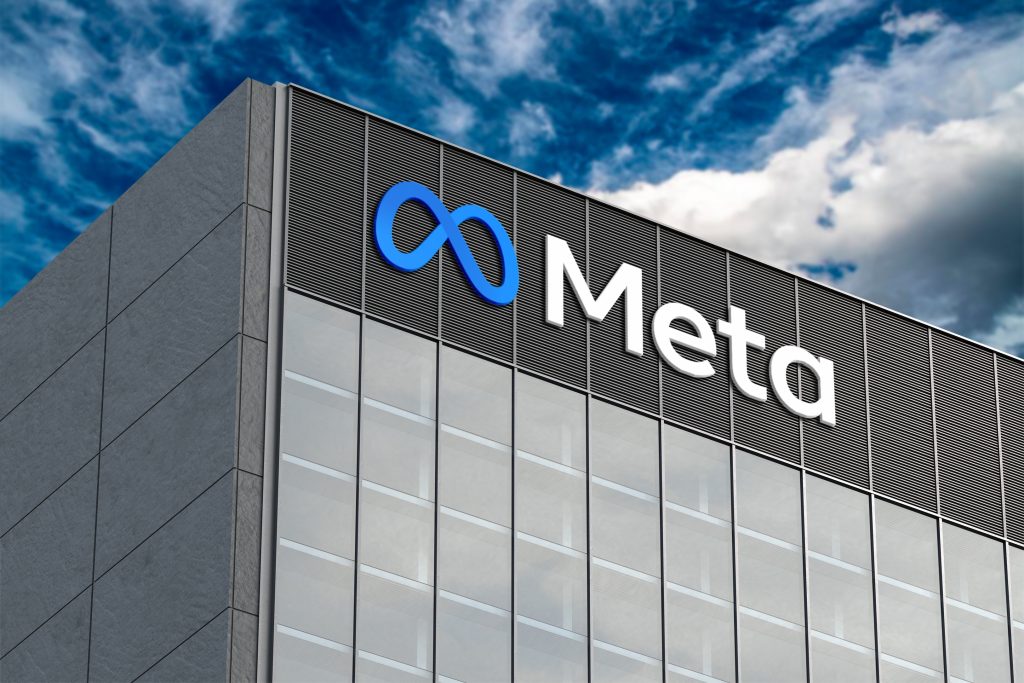AWS Invests in Water Scarcity Challenges with Six New Replenishment Projects
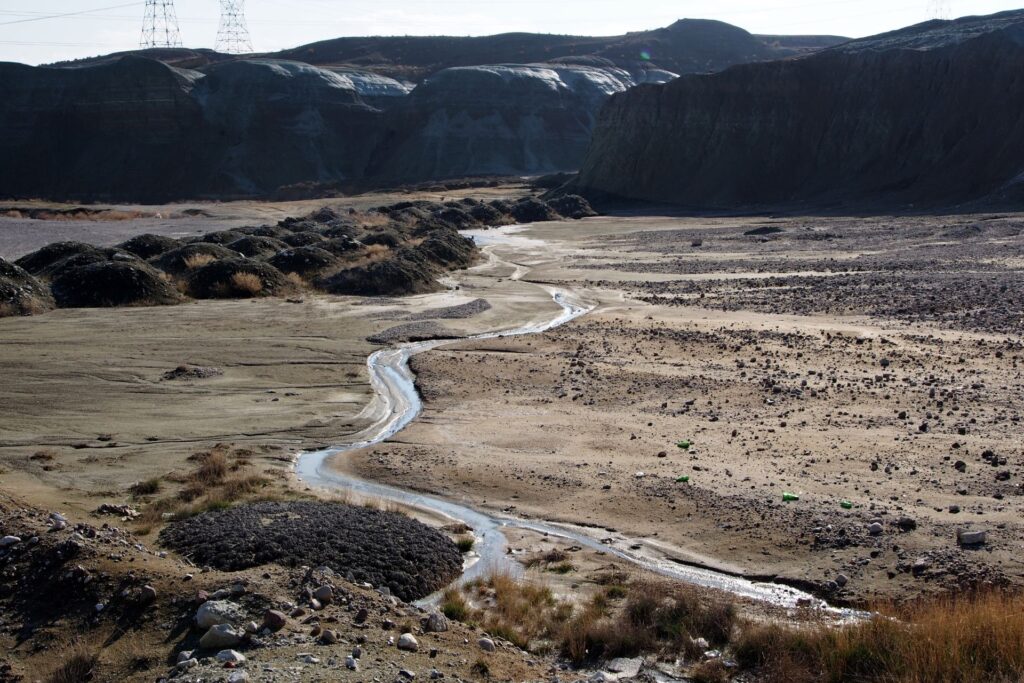
|
Listen to this story:
|
New water replenishment projects across Australia, India, Indonesia, Spain, and US will deliver 1.5 billion liters of water to local communities each year.
About 2 billion people worldwide lack access to safe drinking water today, according to the United Nations, and roughly half of the world’s population is experiencing severe water scarcity for at least part of the year.
How AWS will return more water than it uses by 2030
Getting AWS to be water positive requires new solutions and collaborations involving employees, global nonprofits, local communities, and public utilities—all with the same goal in mind: creating a better future for our planet. Read more…
Amazon is taking action across its operations to reduce its water use. Around the world, Amazon’s global corporate offices are increasingly using water recycling and low-flow fixtures, and setting new standards for construction design in the U.S. to reduce indoor water use by 40% versus a Leadership in Energy and Environmental Design (LEED) baseline. And more than 35 Whole Foods Market stores installed new defrosting systems that recycle meltwater instead of letting it run down the drain. This new system can reduce up to 98.5% of water use associated with defrosting.
At Amazon Web Services (AWS), we are supporting projects in our communities that improve water availability and quality by restoring watersheds and bringing clean water, sanitation, and hygiene services to water-stressed areas. It is part of how AWS is working toward returning more water to our communities than we use in our operations by 2030.We’re excited to announce several new water replenishment projects across Australia, India, Indonesia, Spain, and U.S. Once complete, these projects will deliver 1.5 billion liters of water, with AWS’s full water replenishment portfolio to date expected to return 3.9 billion liters each year to local communities. Our replenishment portfolio includes efforts to bring clean water to those who lack access, and we’re pleased to announce today that our collaborations with Water.org and WaterAid have benefited more than 600,000 people with lasting access to clean water and sanitation around the world.
Improving cropland management in Virginia
Northern Virginia is AWS’s largest region in the world, and it is where many of our employees live and work. It is also home to the U.S.’s largest estuary, the Chesapeake Bay, spanning more than 63,700 square miles (165,000 square kilometers) and covering parts of six states—Delaware, Maryland, New York, Pennsylvania, Virginia, and West Virginia—and Washington, D.C. However, polluted runoff water has contributed to the degradation of the local ecosystem with stormwater runoff acting as the fastest growing source of pollution to the Chesapeake Bay.
AWS is partnering with Stroud Water Research Center to work with farmers and agricultural landowners in Virginia’s Bull Run and Broad Run watersheds near our operations to improve cropland management. This will be done by implementing 2,300 acres of soil health practices, including the conversion of cropland to a no-till and cover crop management system. By targeting large tracts of land around headwater streams, the project will maximize the positive impact on water resources. Particularly, as the upstream waters travel through the lower watersheds, urban downstream communities in and around Washington, D.C., will benefit, too. Altogether, the project’s measures are expected to increase infiltration and groundwater recharge, while also reducing stormwater runoff, flooding, water inefficiency, and water pollution from sediment and nutrients.
How AWS is helping to keep a river flowing in Northern California
Amazon Web Services is working with conservationists to restore groundwater in the region and preserve one of California’s most important natural resources. Read more…
Once completed, the project is expected to return more than 254 million liters of clean water to ecosystems and surrounding communities each year. The water quality improvements will also help achieve the pollution reduction goals that governments and other organizations in the Chesapeake Bay watershed area have been working to achieve for decades.
In discussing the project, Stroud Center Director of Watershed Restoration Matthew Ehrhart pointed to how AWS’s support will further scale the group’s impact, “Stroud Water Research Center has a more than 50-year history of pioneering research on streams and rivers around the world. In the last decade, we’ve integrated our science into projects to restore these valuable but often degraded ecosystems, simultaneously helping farmers enhance their operations. With funding from AWS, we are expanding the reach of these stream-friendly projects, increasing groundwater recharge, and delivering better-protected water resources to more people.”
Tackling water leaks and contaminated runoff in Spain
Spain is considered to be one of the most water-stressed industrialized countries in the world with the nation experiencing long-term drought since 2022. A contributing factor to this challenge is water loss in aging infrastructure. Currently, the world loses an average of 30% of the water flowing through water pipes to leaks. This means for every 100 liters of water a community has available on average, only 70 liters can be used.
To help address this, AWS worked with FIDO Tech, a cloud-based water leak detection company that uses AWS services, to identify and reduce leakage in the water system in Spain’s Villanueva de Gallego community, a municipality located in the province of Zaragoza, Aragon, between Barcelona and Madrid, where AWS has data center operations.
In November 2022, FIDO acoustic sensors were deployed on 28 miles (45 km) of the town’s network to identify the locations and the size of leaks to enable the community’s ability to prioritize fixing the largest ones. The sensors, or magnetic “bugs,” were attached to the outside of pipes and meters within the water system, and used FIDO’s machine learning algorithm (on AWS) to listen for and analyze leaks. The sensors identified the locations and sizes of the leaks, so the town could prioritize addressing the largest ones first. In total, 21 leaks or other types of water loss were identified. By fixing a high priority set of these water losses, the project is reducing water loss by an estimated 33 million liters per year.
“Water is precious. Using technology to find and fix leaks in our system is the smart way to save money, time, and water for our community. By knowing where to focus our attention and fixing the biggest leaks first, we can maximize the water we save and minimize the disruption for our town,” said Mariano Marcén, mayor of Villanueva de Gállego.
Water.org, WaterAid, and AWS collaborate to provide safe water
AWS’s collaboration with nonprofits provides clean water to more than 250,000 people in India. Read more…
The Ebro River is the longest river entirely in Spain, flowing 580 miles (933 km) from Bilbao through Zaragoza into the Mediterranean Sea. The river wraps partially around where AWS launched its new AWS Europe (Spain) Region in 2022 in Aragon, which now supports tens of thousands of customers on the Iberian Peninsula. AWS is working with local partner Mediodes, an environmental group dedicated to the protection and restoration of aquatic ecosystems and nature-based solutions since 2000. The new project with Mediodes will deliver runoff from farm fields near AWS’s Spain operations for irrigation of a downstream poplar grove, reducing the amount of runoff contaminated with nutrients entering the Ebro. The poplar grove will act as a natural filter by absorbing the nutrients in the runoff and preventing the pollution from reaching the Ebro River. As a result, the project is expected to deliver 864 million liters of clean water each year to the community, contributing to both improved water quality and reductions in the amount of water withdrawn from the Ebro for irrigation, helping to meet regional quality goals.
Restoring catchment health and enhancing biodiversity in Australia
Australia is the driest inhabited continent in the world with unique water-related challenges and risks. AWS is working with Great Eastern Ranges (GER), a nongovernmental organization that works to protect, connect, and regenerate nature across eastern Australia, to restore the health and functioning of parts of the major catchment serving Sydney. Large areas of the catchment were damaged by catastrophic bushfires between 2019 and 2020. In some areas of the watershed, there has been little to no regrowth of vegetation, while in others, there is dense regrowth of fire-dependent species that impede recovery of a biodiverse natural system.
This project will enhance catchment health and water quality, benefitting local communities and nature by reducing polluted stormwater runoff, increasing groundwater recharge, enhancing local biodiversity, and supporting wildlife, including 15 endangered species in the affected area, such as the Koala, Australasian Bittern, and the Bauers Midge Orchid. GER will engage local communities, regional water agencies, and land care to revegetate areas that have not experienced regrowth, and manage key threats that suppress the natural regeneration of important habitats, such as weeds. Weeds that spring up in the aftermath of fires prevent growth of vegetation that supports a broader range of native species and can consume large quantities of water, reducing the amount of water available to meet community needs. GER will carefully monitor the resulting benefits for the watershed, biodiversity, and local communities. Once the project is completed, it is expected to deliver 32 million liters of water each year to the Sydney watershed.
Supporting consistent water supply for farmers in rural India
Innovating with AWS will help us solve the world’s water crisis in our own lifetimes
A new AWS-based learning management system will make it easier for Water.org to enable access to safe water to people living in poverty around the world. Read more…
With 18% of the world’s population but only 4% of its water resources, India is one of the most water-stressed regions in the world. AWS has previously announced projects in India with WaterAid in Hyderabad and Andhra Pradesh in 2022, completing piped water systems and groundwater recharge projects that supply an estimated 640 million liters of water each year. And more than 210,000 people have benefited from AWS’s collaboration with the global water nonprofit Water.org in India through microfinance loans that help nearby communities finance water pipe connections and toilet installations in homes. Now, AWS is announcing new projects in India in collaboration with SEARCH, a nonprofit organization that enables marginalized rural groups to achieve enhanced socioeconomic status in India.
The projects will help ensure consistent water supply for farmers in villages surrounding Hyderabad where AWS has operations. The project involves rehabilitation of 10 existing water storage ponds and construction of 100 new ponds across 12 villages, delivering 86 million liters of water back to the community each year. SEARCH will begin with a detailed community engagement process to ensure that the projects are implemented in a way that maximizes the benefit to the villagers. Once completed, the new and rehabilitated ponds will increase the water available to the community, increase agricultural output, and help recharge groundwater in a designated semi-critical exploitation zone due to over pumping of the underlying aquifer.
Providing reliable and safe water supply to villagers in Indonesia
About 19 million Indonesians lack access to safe water and 20 million lack access to improved sanitation. To help address this challenge, AWS worked with Water.org to help finance water pipe extensions to help provide access to a consistent flow of safe water in West Java, Indonesia.
Related Article: Iberdrola, Deloitte, and AWS Launch Energy Solution that Maximizes Energy Savings in Electrified Houses
AWS is now partnering with Habitat for Humanity’s Indonesian chapter to deliver reliable and safe water supply to five villages surrounding AWS’s data centers in the Karawang District of West Java, west of Jakarta. These projects will install wells, water treatment systems, and water storage, providing nearly 6,000 people with new access to clean and safe water. Currently, these villages have only partial water service from a water utility or no service at all, and the existing supply is either of poor quality or insufficient quantity to meet basic needs or support economic growth in these communities. These projects will provide an estimated 200 million liters of clean and safe water to the communities every year. This project will also establish and train water access committees in each village to ensure proper maintenance and monitoring of the water systems over the long term.


